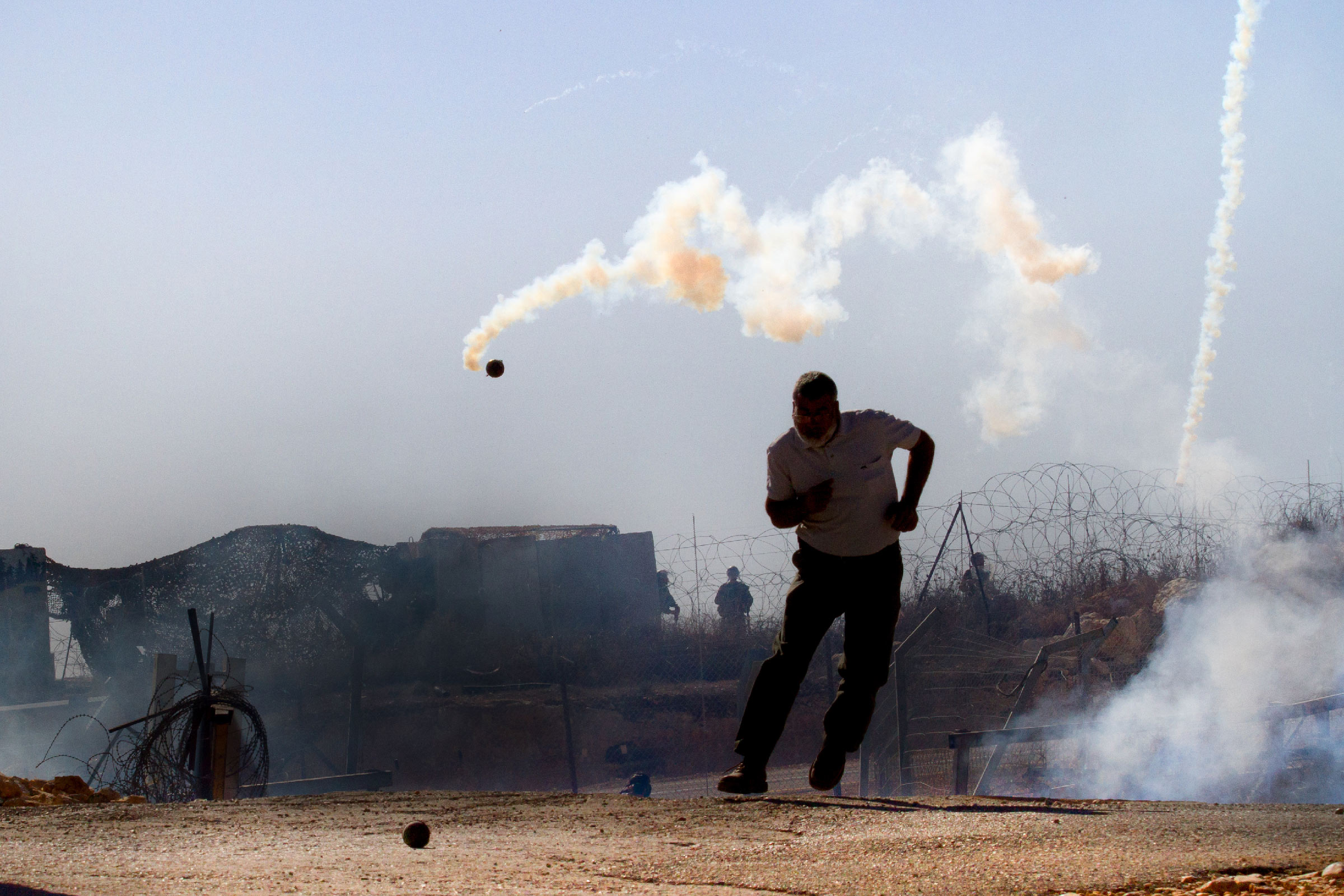

Civilian harm and access to justice
Between 1988 and 2014, Israel paid approximately USD 94 million in compensation for losses inflicted by its security forces on the Palestinian population in the West Bank and Gaza. However, since 2004, and progressively since, the right to a remedy has been severely constrained through a number of factors including: broadening the definition of the ‘combatant activities exception’ in the law of tort; the designation of Gaza as enemy territory and its residents as citizens of an enemy state; and the combined effect of procedural obstacles, high court fees and securities, and denial of entry permits limiting access to court. As a result, while Jewish Israeli citizens who are residents of the Occupied Palestinian Territories are able to successfully claim compensation for losses they sustain from the operations of Israel’s security forces, the corresponding right to compensation of non-Jewish residents is almost purely theoretical.

First, the scope of Israel’s immunity from tort liability expanded. In common with practice in some other jurisdictions, Israeli law grants Israel immunity from claims arising as a result of the combatant activities of its armed forces. Israel amended the definition of this combatant activities exception to the tortious liability of the State to include not only combat activities in their narrow sense, but also policing activities and other activities conducted by the Civil Administration that can support combat or security goals. The effects of the expansion of the combatant activities exception are clear. Until the Second Intifada in late 2000, courts found Israel to be immune from liability in only 30 per cent of the cases in which a tort claim was brought against it for the losses it inflicted on civilians in the Occupied Territories. This number grew significantly following the Second Intifada to the extent that since the latest legislative amendment in 2012 in 87 per cent of cases Israel was held to be immune from liability.

Second, in recent years plaintiffs are required to overcome a variety of procedural hurdles in order to launch a claim. Plaintiffs must submit notice on their intent to file a claim within 60 days of the loss they incurred, and the claim itself must be filed within two years (compared to the typical seven year limit). Non-Israeli citizens who are subjects of enemy states or territories are barred from filing tort claims against Israel, rendering plaintiffs from the Gaza Strip without a right to a remedy. Steep litigation costs—including securities and fees—are also a barrier to litigation that deters potential plaintiffs from filing claims, or pursuing claims they have already filed. Additionally, Israel made it very challenging for Palestinian plaintiffs and their witnesses to obtain entry permits to testify. Consequently, most tort claims of Palestinians against Israel are either denied or not pursued for lack of resources.
In contrast, Israel has repeatedly expanded the scope of liability to which the Palestinian Authority is exposed, by allowing tort claims to be brought against the Palestinian Authority for losses inflicted on Jewish citizens during hostilities, even when the activities were conducted by other Palestinian organizations and independent individuals.


The cases in the database are typically decided years after the incident that gave rise to a claim. The database therefore does not currently include cases relating to civilian harm claims made on or after 7 October 2023.
The cases we reviewed show that politicians, judges, and government lawyers are shifting their views on the Israeli-Palestinian conflict. Initially, compensation was seen as a way to uphold human rights and justice. However, as the conflict intensified and continued, the courtroom became a battleground, and compensation was used as a tool in the conflict. Politicians also minimized judicial oversight by limiting (mainly) Palestinians’ right to compensation, discouraging Palestinians from filing claims, silencing important stories about the conflict's true costs and impact. Simultaneously, Israeli nationals’ ability to claim compensation from the Palestinian Authority was reinforced through loosening procedural rules, on the view that it was a means to deter hostilities towards Israel.
In relation to the current conflict between Israel and Palestinian armed groups (including Hamas) in Gaza, civilian harm claims from Gaza have not been admissible in the Israeli court since an amendment to the law in 2012, following Gaza’s earlier designation as enemy territory. However, Israeli human rights organisations have petitioned the High Court of Justice to review Israeli practices relating to Gaza including restrictions on humanitarian aid and medical evacuations.
